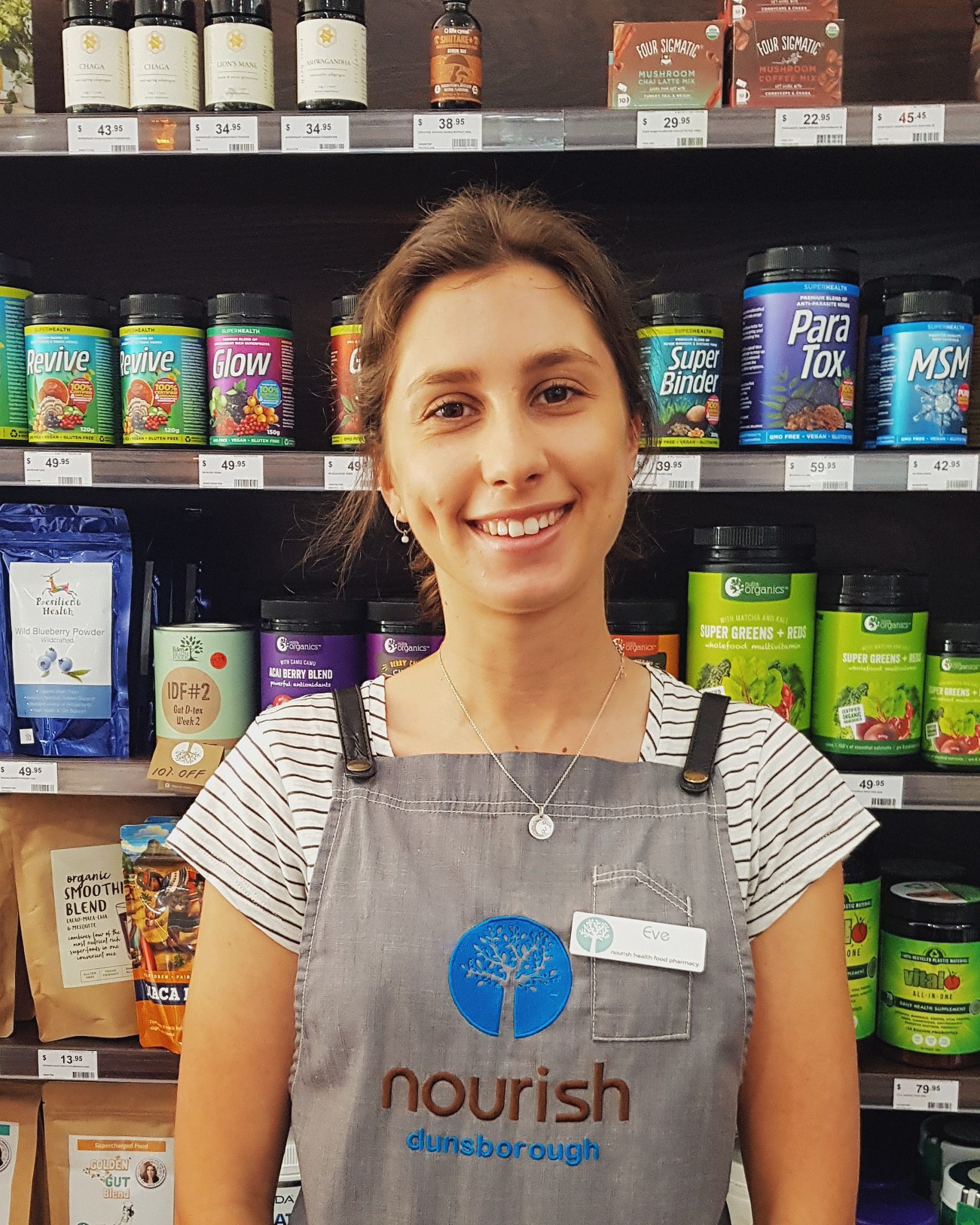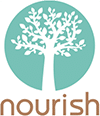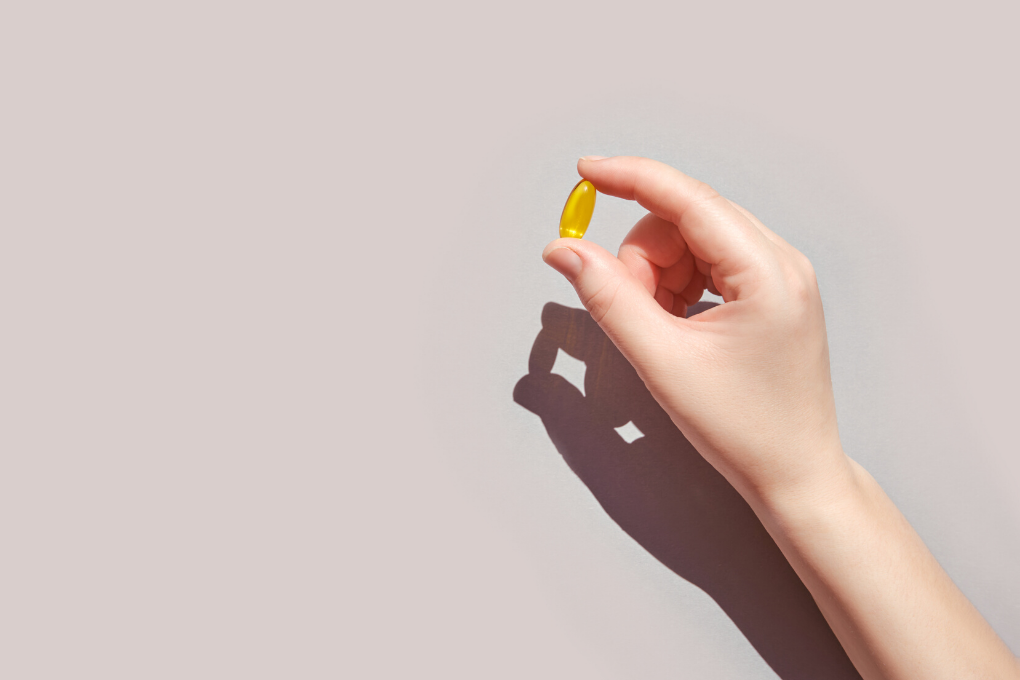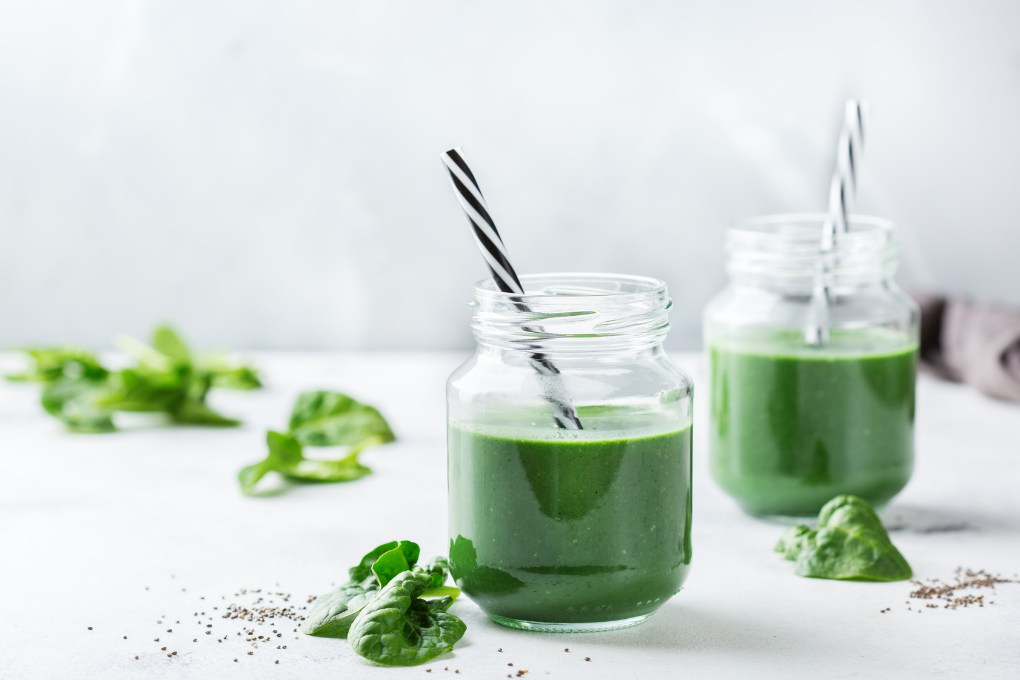Nutrition
Should you be taking supplements on a plant based diet?
Veganism and vegetarianism are becoming very popular diets worldwide, and rightfully so. When done correctly, following these diets can be extremely good for physical and mental health. It also has additional benefits on the environment due to reduced animal consumption. But one of the concerns around these diets is that they may not provide your body with all the nutritional requirements it needs.
So does this mean you should take supplements on a plant based diet? The short answer is, not all people require them but they can be extremely useful in maintaining sufficient nutrient levels. In this blog we’ll discuss what nutritional supplements you may need when on a plant based diet.
Vitamin B12
Vitamin B12 is a water-soluble vitamin that is a part of the B complex group. It plays a vital role in nervous system function, DNA synthesis, metabolism, and red blood cell production. Whilst there are some vegan sources of B12 such as nutritional yeast, fortified cereals, and tempeh, the main sources of B12 are from animal products. It therefore makes sense that when people eliminate these foods from their diet, deficiency of this nutrient can arise.
It is important to make sure that you take a B12 supplement if you are following a vegetarian or vegan diet to ensure that you don’t become deficient. A deficiency in B12 can cause haematological, neurological, and gastrointestinal problems such as fatigue, memory issues, anaemia, numbness or tingling in hands and feet, and even irreversible nerve damage.
A standard blood test will determine where your levels are at, and most supplement brands have a simple one a day dose spray or tablet that contains a sufficient dosage of B12. It is best to aim for an activated or sublingual form as these are more bioavailable (rate of absorption) in the gut.
Omega 3s
Omega 3 fatty acids are what we call essential fats or nutrients, as our body cannot produce them. Essential nutrients are nutrients that our body cannot produce itself and therefore we must get them from our diet or supplements. If we don’t get adequate amounts of these nutrients, then deficiencies can arise and cause a long list of unwanted symptoms.
Omega 3 fats are important for a wide range of things including healthy cognitive function, hormone development, healthy hair and skin, eye health and cardiovascular health. Whilst plant foods such as walnuts, chia seeds and hemp seeds do contain omega 3s, they contain a version called ALA that needs to be converted to EPA or DHA to be used in the body.
The only sources of EPA or DHA through the diet is through animal products and algal oil. Unfortunately, conversion rates of ALA to the required versions of omega 3s vary massively and therefore it is recommended to take a daily algae oil supplement if following a vegetarian or vegan diet.
Iron
There are two forms of iron found in foods, haem iron in animal products and non-haem iron that is found in plant foods. This plant-based iron is much less bioavailable and therefore we need to consume much higher amounts than if we were getting it from animal sources. In fact, vegans require about 1.8 times more iron than those who eat animal products.
Women who consume animal products require 18mg of iron a day, and this number is 8mg for men, whereas people who eat a plant-based diet need 32mg and 14mg, respectively. Don’t be alarmed by this high number though as it is very possible to reach if you eat a range of high iron plants at each meal. This can include tofu or any wholefood soy products, kidney beans, dried apricots, lentils, spinach, and quinoa.
Iron deficiency is one of the most common deficiencies worldwide. People who do not consume animal products, and women who are menstruating or pregnant are at the highest risk of becoming deficient. It isn’t recommended to take iron supplements without a blood test though, as excess iron can be stored and become toxic in the body.
Calcium
Calcium is one of those nutrients that is often overlooked but it is an essential nutrient in terms of bone health and development and muscle contraction. When people think of sourcing calcium through the diet, most people would associate it with dairy products.
Whilst dairy is a good source of calcium, it is not the only source. It is possible to get calcium from plant foods such as almonds, leafy greens, broccoli, calcium set tofu and chickpeas, but you do need to consume higher amounts to reach the daily intake recommendations.
Therefore, some people who exclude dairy products like to take a supplement alongside a healthy diet as a type of ‘insurance policy’ to ensure they don’t become deficient. There is a wide variety of plant-based calcium supplements available that are sourced from seaweed or marine plants.
In summary
Consuming a diet that is primarily plant based is the way forward in terms of looking after your physical and mental health, as well as the environment. This doesn’t mean you have to eliminate all animal products but making small changes to your diet where possible could have bigger impacts than you may realise! If you do decide to follow a plant-based diet, then be sure to keep these 4 nutrients in mind to reduce your risk of any deficiencies and if you have any concerns come and see us in store or book a consultation with one of our clinical nutritionists.

Eve Bishop
Nutritionist
This blog post was written by Eve Bishop, Nutritionist at Nourish Health





